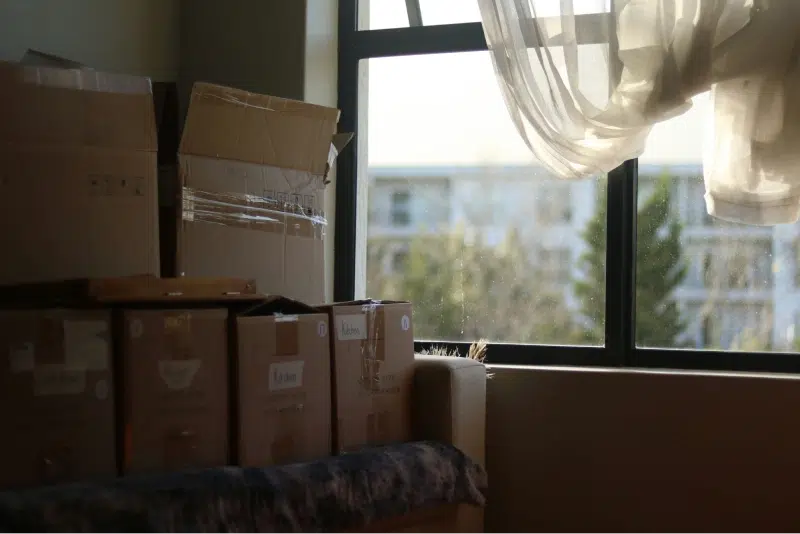What is required for a temporary eviction for substantial repairs?
Before sending a tenant a written notice to vacate for substantial repairs, the landlord must obtain all necessary permits from the City of Oakland. The eviction must be in good faith and be for substantial repairs that cannot be completed while the unit is occupied. The substantial repairs must be necessary either to bring the property into compliance with applicable codes and laws affecting health and safety of tenants of the building, or under an outstanding notice of code violations affecting the health and safety of tenants of the building.
Displacement from code-compliance activities occurs when:
- The tenant has received a written notice to vacate from the property owner after having obtained all necessary permits;
- The tenant vacates its room or unit (whether or not the property owner requires it) after the City or a court has issued a notice to vacate, a notice to abate life-threatening condition, or a declaration of substandard condition in that unit, and the abatement period has expired without correction; or
- The tenant vacates their unit or room because the property owner wants the unit to be vacated due to conditions for which the City or a court could issue a notice to vacate, but the City or court has not yet done so.
The repairs must be made on time and without unreasonable delay. The tenant cannot be forced to vacate for more than three months. However, the three-month period may be extended by the Rent Board upon application by the landlord. Once the repairs are completed, the landlord must offer the unit back to the original tenant at the same rent.
It is a violation to attempt to have a tenant accept terms that fail to comply with the ordinance, including: a) asking the tenant to accept an agreement that pays less than the required relocation payments; b) asking the tenant to accept an agreement that waives the tenant’s rights; or c) upon a return to the unit, asking the tenant to pay a higher rent than permitted under the ordinance.
Am I entitled to relocation assistance for a demolition or substantial repairs eviction?
A tenant is eligible for relocation payments from a property owner if the tenant is displaced from their rental unit or room due to the City’s or owner’s code compliance activities, as described in the paragraphs above.
Eligible tenants are entitled to a relocation payment from the owner in the sum of $6,500 per unit for studios and one-bedroom apartments; $8,000 per unit for two-bedroom apartments; and $9,875 per unit for units with three or more bedrooms. The owner must pay eligible tenant households additional payments if they include lower income, elderly, or disabled (FEHA definition), and/or minor children (18 years or younger). This additional relocation payment is $2,500 per unit. A tenant whose household qualifies for the additional payment must give written notice of his/her entitlement to the owner within thirty days after vacating the unit.




